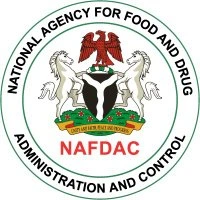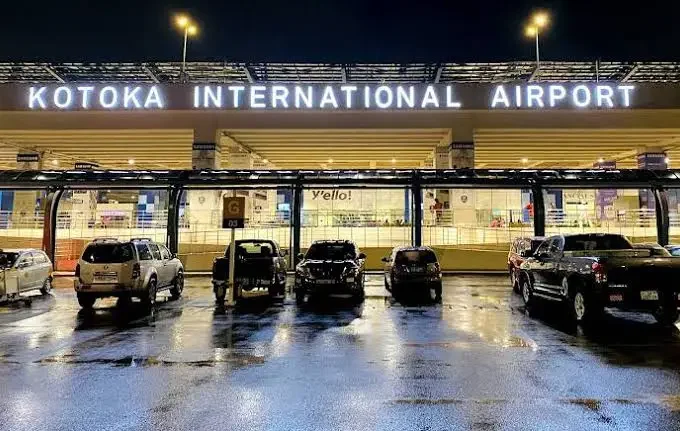
Nigeria’s House of Reps Grills NAFDAC Over Unequal Drug Raid Enforcement, Revenue Transparency

The House of Representatives Committee on Food and Drug Administration and Control has raised concerns over what it described as unequal enforcement measures and financial opacity in recent raids conducted by the National Agency for Food and Drug Administration and Control (NAFDAC) across major drug markets in Nigeria.
The lawmakers questioned why traders in Kano were treated differently compared to those in Lagos, Onitsha, and Aba, where NAFDAC disclosed it generated over N2.5 billion in fines from the enforcement operations.
During a committee session in Abuja, NAFDAC Director-General Prof. Mojisola Adeyeye defended the agency’s actions, stating that the Kano operation was conducted under a Federal High Court judgment delivered on February 16, 2024, and did not involve the collection of administrative fines due to the volatile and court-driven nature of the intervention.
In retrospect, yes, we could have done more inspections or collected administrative fees. But that wasn’t feasible under the circumstances. Even a legal officer was almost killed at the court premises,” she said.
Adeyeye emphasised that Kano was unique as it had fully implemented a Coordinated Wholesale Centre (CWC), the Kanawa Pharmaceutical Centre, in line with a presidential directive issued before her tenure. She added that traders were forcibly relocated after resisting the court order, locking up their shops in protest.
In the South—Lagos, Onitsha, Aba, there was no CWC. So our approach was different. We had time to prepare, inspect, and charge offenders according to their violations,” she clarified.
The Committee, however, pressed for detailed financial records. Emeka Idu demanded a location-by-location breakdown of the fines collected during the raids, a request the agency was unable to fulfil at the time.
Committee Chairperson Regina Akume criticised NAFDAC’s presentation as incomplete.
The work has not been completed. I would like to give you a chance to go back and work on this. How much did you pay into the account. What goes in and what goes out. We haven’t talked about that,” she noted.
NAFDAC disclosed that the enforcement operations, which deployed over 1,300 security personnel, cost the agency N996 million, with an additional N1.18 billion spent on regulatory activities.
“Another N159 million was borrowed from a donor grant to support the effort. After all expenditures, only N207 million remained in the agency’s account,” NAFDAC said.
Compounding the agency’s challenges is a financial directive from the Office of the Accountant-General of the Federation (OAGF), which NAFDAC’s Director of Finance and Accounts, Adeniji Nma, said reclassified the agency as a revenue-generating body.
“In 2024, they began taking 50 per cent of every revenue generated by NAFDAC automatically. Suddenly, in 2025, we found out they are now taking up to 75 per cent of every inflow, because of it, we find it difficult to do most of our operations,” she told lawmakers.
We have been writing several letters that we are not actually a revenue-generating agency, we are just for the health of the nation.”
According to her, the aggressive deductions have made it difficult for NAFDAC to carry out its core health mandates effectively.
The House Committee concluded by directing NAFDAC to submit a full breakdown of the N2.5bn, including revenue collected per location, amounts remitted to the treasury, and specific operational expenses.
Read Also: Nigeria’s D’Tigress Defeat Cameroon to Reach AfroBasket Semis, Secure World Cup Qualifier Spot
Nigeria’s D’Tigress Defeat Cameroon to Reach AfroBasket Semis, Secure World Cup Qualifier Spot
About The Author
Related Articles
Ghana to Rename Kotoka International Airport
Ghana’s government is preparing to rename the country’s main international gateway, Kotoka...
ByWest Africa WeeklyFebruary 4, 2026Russia Congratulates Ibrahim Traoré on Assuming AES Presidency
Russia has congratulated Burkina Faso’s President, Captain Ibrahim Traoré, on his assumption...
ByWest Africa WeeklyFebruary 4, 2026AES Condemns Niamey Airport Attack, Warns of Coordinated Destabilisation
The Alliance of Sahel States has strongly condemned the armed attack on...
ByWest Africa WeeklyFebruary 2, 2026Mali Cedes Strategic Land to Guinea to Deepen Trade Cooperation
Mali has approved the transfer of a strategic parcel of land to...
ByWest Africa WeeklyFebruary 2, 2026












Leave a comment